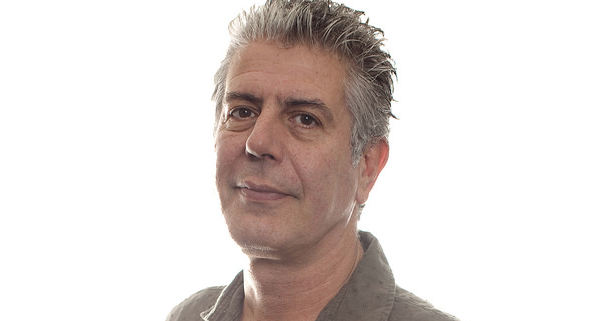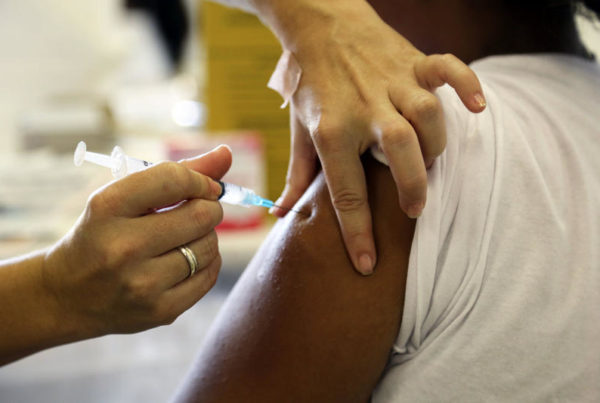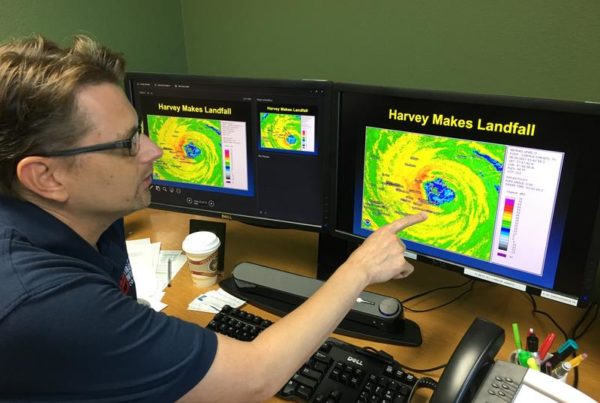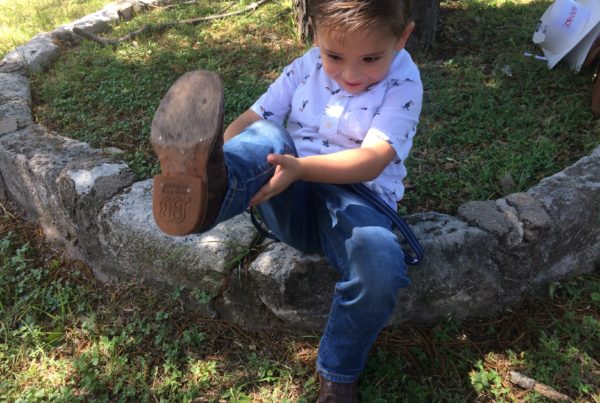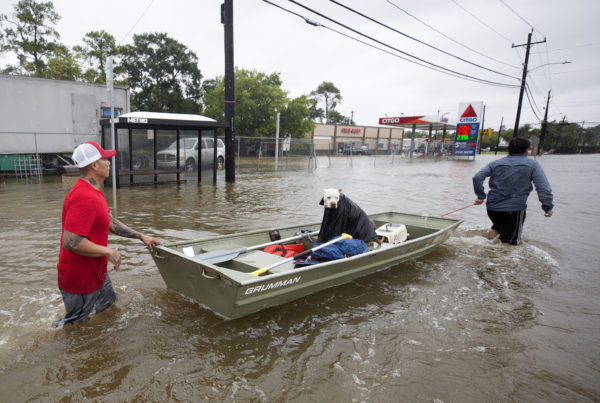Lawmakers continued meetings at the Capitol on Tuesday to discuss school safety. Convening these meetings is just one part of the recommendations made by Gov. Greg Abbott in the wake of a deadly school shooting at Sante Fe High School last month.
Claire McInerny– covers education for KUT Austin and attended both Senate Select Committee meetings. Lawmakers heard from numerous law enforcement officers who work in school districts.
McInerny says many officers testified about the need for “community policing” rather than arming teachers or installing metal detectors. One officer even called those ideas a “Band-Aid,” rather than a solution to the real problem.
“Have a police officer in the halls everyday, know these kids. When you see someone in the hallway bummed out, stopping them and saying is everything okay? Having a police officer intervene is crucial,” says McInerny. These measures are the type of community policing officers have in mind.
To law enforcers, having trained crisis professionals in school is preferred to arming teachers. However, Texas is large state and that means lots of schools to staff.
“Money is the huge thing here,” McInerny says. “The governor wants to do both: put law enforcement in schools and train teachers.”
McInerny says arming teachers is a believed to be a good option for smaller, rural districts. Arming educators would require that they attend the necessary training to obtain a concealed carry license as well as an additional special training session specific to school safety. However, the state cannot mandate this potential solution, nor are they trying to.
Sen. Larry Taylor chairs the Select Committee. He too recognizes that placing marshals in schools is not a solution. McInerny says this is just one option on the table that they need to consider.
In meetings to come, the committee will begin discussing student mental health, and exploring options for providing more adequate care.
“If you look at a school, they might have a counselor but they do a lot of academic work: making the kid’s schedules, helping them with college. It’s not necessarily a therapist type situation,” McInerny says.
“That’s something they mentioned but there will be a whole meeting on it of how to we make sure if a kid is struggling that there’s someone they can go to that doesn’t have a full plate already that can actually work on ‘let’s talk about this.’”
The committee has also proposed incorporating social-emotional skills development into classes, McInerny says. Finding a seamless way to tackle the hard stuff like conflict at home or with peers within the classroom could be a cost-effective step toward successful community policing.
Written by Sarah Yoakley.




